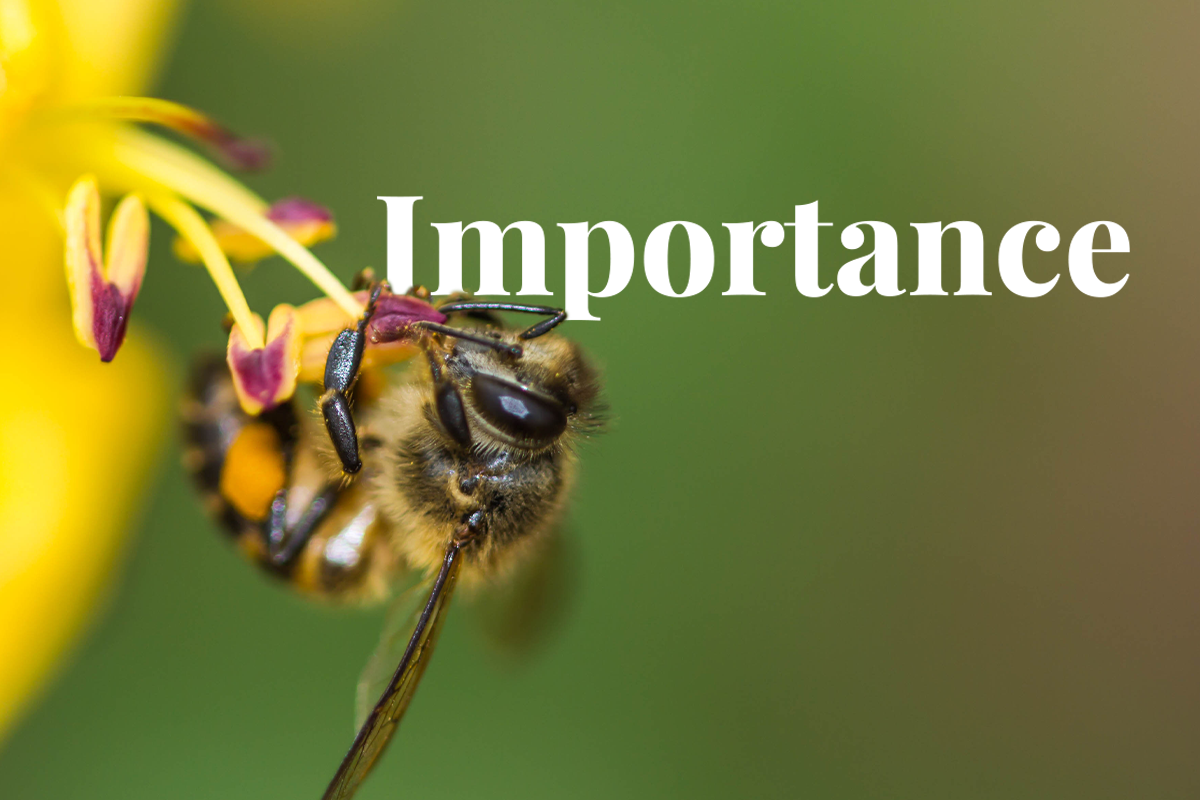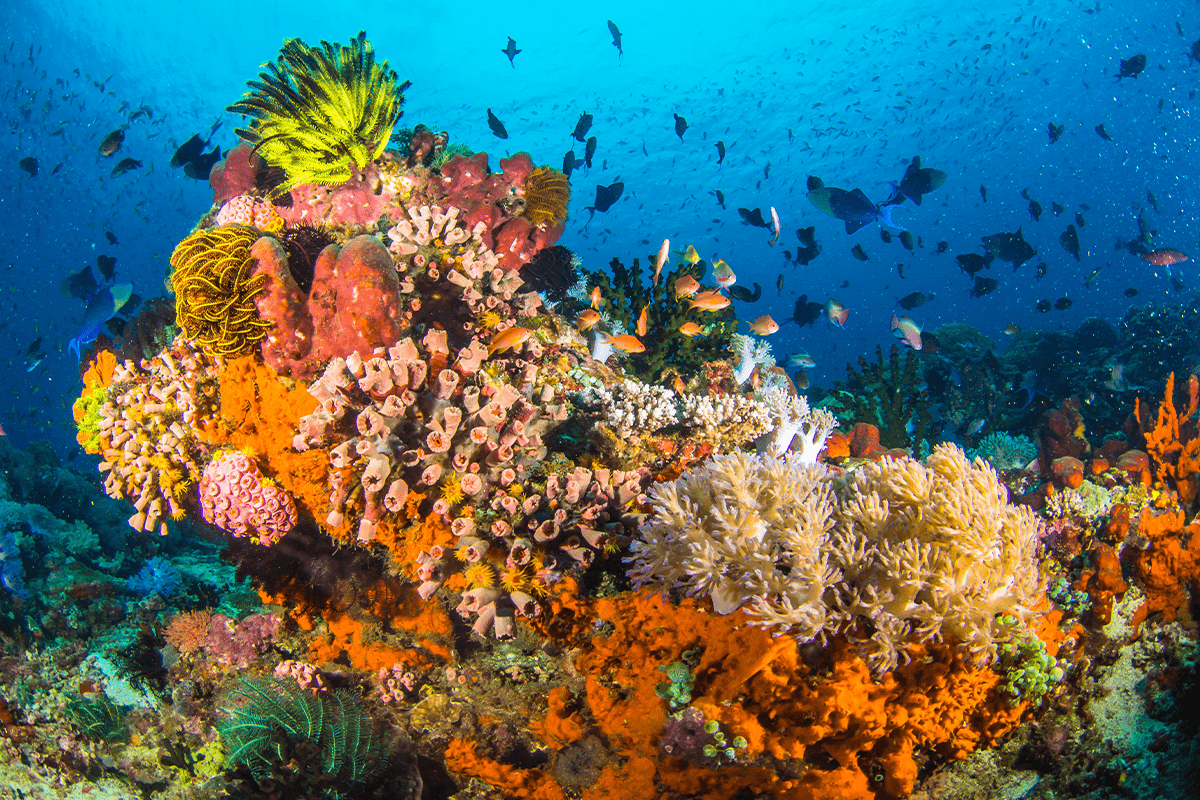The world's biodiversity is rapidly decreasing, mainly due to harmful activities like deforestation and pollution, posing a severe threat to the health of our planet's ecosystems. Biodiversity, the variety of life on Earth, is vital for the proper functioning and sustainability of ecosystems of all sizes. This article will discuss why biodiversity is so important and how it supports healthy ecosystems and human life.

Supporting healthy ecosystems
Biodiversity is essential to all ecosystems' existence and proper functioning, according to the US Environmental Protection Agency. A diverse environment provides all kinds of life with the ability to cope better with changes and stress in the world around them. This means that organisms are better equipped to fight off diseases and adapt to changes, making them more resilient.
For instance, some plant life helps filter things like metals from fresh water and regulates the amount of water released into a particular area at any given time. If these plants were to die off, more impurities would be released into the water, causing plants and animals to get sick or possibly die. The loss of plants and animals can affect the ecosystem in various ways, creating a domino effect that could wipe out the stability of an area or cause negative changes.
Read more: The impact of reforestation on biodiversity
Supporting human life
Biodiversity is also vital for our existence as human beings. Fertile soil and pollination, for example, are made stronger because of biodiversity. However, when an area is less diverse, these resources get weaker as well. Weak soil and pollination can lead to a decrease in the ability to create and make different medicines. Some plants are medicinal, and medications like aspirin and some cancer-fighting drugs contain important elements originally found in plants.
Coral reefs are another example of the importance of biodiversity for human life. The National Ocean Service calls them the ‘medical cabinets of the 21st century’. The plants and animals that they house have been used to create treatments for things like heart disease, arthritis, different kinds of cancer, and more.

The negative effects of biodiversity loss
Biodiversity loss can lead to serious negative effects on ecosystems and human life. It can cause an increase in diseases, crop failures, and natural disasters, leading to a decrease in resources, such as freshwater and fertile soil. In turn, this can lead to food and water shortages, malnutrition, and poverty.
Read more: Biodiversity credits: an innovative financing mechanism for conservation
How to protect and preserve biodiversity
There are several ways to protect and preserve biodiversity. Some of these include reducing pollution, managing land use, and supporting sustainable farming practices. Additionally, governments, organisations, and individuals can work together to create protected areas and wildlife corridors to help preserve the natural diversity of our planet.
Read more: Carbon farming: How is it good for the environment, farmers, and biodiversity?
The importance of biodiversity
Biodiversity is essential for maintaining healthy ecosystems and supporting human life. The loss of biodiversity can lead to decreased resources, such as freshwater and fertile soil, and negative impacts on human health, including malnutrition and poverty. Therefore, we must work together to protect and preserve the planet's natural diversity and make changes to harmful human activities to maintain healthy ecosystems for future generations.
Explore DGB’s carbon removal and biodiversity projects
At DGB Group, we believe in the power of nature and the essential function of biodiversity to support all life on Earth. That is why we are dedicated to promoting biodiversity and conservation through our carbon projects. Our projects are designed to promote healthy, thriving ecosystems, and we work with farmers, landowners, conservation organisations, and governments to make this a reality. Our commitment to conserving nature and fostering biodiversity will continue to drive our value proposition and contribute to a sustainable future for all.
Contribute to saving biodiversity




